The Citation Game: Winning Strategies to Elevate Your Research Profile (2025)

In today’s information-rich world, a sharp research profile is no longer Windows optional; it’s routine. Whether you are a fresh graduate chasing your first big grant or a seasoned scholar working to keep your name in the conversation, your online page is a window to your academic brand, credibility, and reach.
Citations carry more weight than they used to, and they show up everywhere—in grant applications, tenure files, even yearly program reviews. Whether you have dozens of articles or are just starting your Ph.D., learning how to nudge those numbers higher helps you, your colleagues, and the whole field move forward. Boosting citations is not about polishing a personal scoreboard; it is about making solid, easy-to-read research that other scholars actually want to cite.
Publishing volume still matters, but the spotlight has shifted toward discovery, meaningful connections, and real-world impact. With that in mind, here is a simple step-by-step checklist to give your research profile the lift it needs in a crowded scholarly landscape.
In this blog post we explore The Citation Game, offering simple yet honest ways to lift your research profile and get noticed in the scholarly crowd. We’ll walk you through picking the right journals, choosing killer keywords, teaming up on real projects, and sharing your papers far and wide—so your citation numbers climb the right way. No gimmicks, just solid advice. Whether you’re just starting your career or have years of publications under your belt, these proven tips will help you steer through academic publishing and let your work shine.
Put Quality Before Quantity
The world of academic publishing is changing fast. Because researchers now have easy online access to so much literature, everyone—from tenure boards to grant panels—pays closer attention to how much impact a paper has instead of just how many papers a scholar has on record.
What You Can Do ?
Target established, peer-reviewed journals that editors and colleagues look up to in your discipline.
Spend time on questions that really matter—big theoretical puzzles, shaky empirical claims, or tricky methods that need fixing.
Write papers you hope will be cited ten years from now, not just articles that make a splash and vanish once the next issue appears.
Why It Matters?
Publishing just one or two papers that people really remember can boost your academic reputation a lot more than publishing a long list of lesser papers. Work that stands out tends to pull in new research partners, grab the attention of funding agencies, and make others see you as a leader in your field. Quality, in this case, often beats quantity.
Make Sure Your Research Gets the Credit It Deserves
If you publish research, you probably know how tricky it can be to keep track of your work after you move jobs or change universities. That’s where digital identifiers come in handy. These simple codes create a permanent link between you and your publications, so the right people can always see what you’ve done—no matter how your name, address, or file format might shift over time.
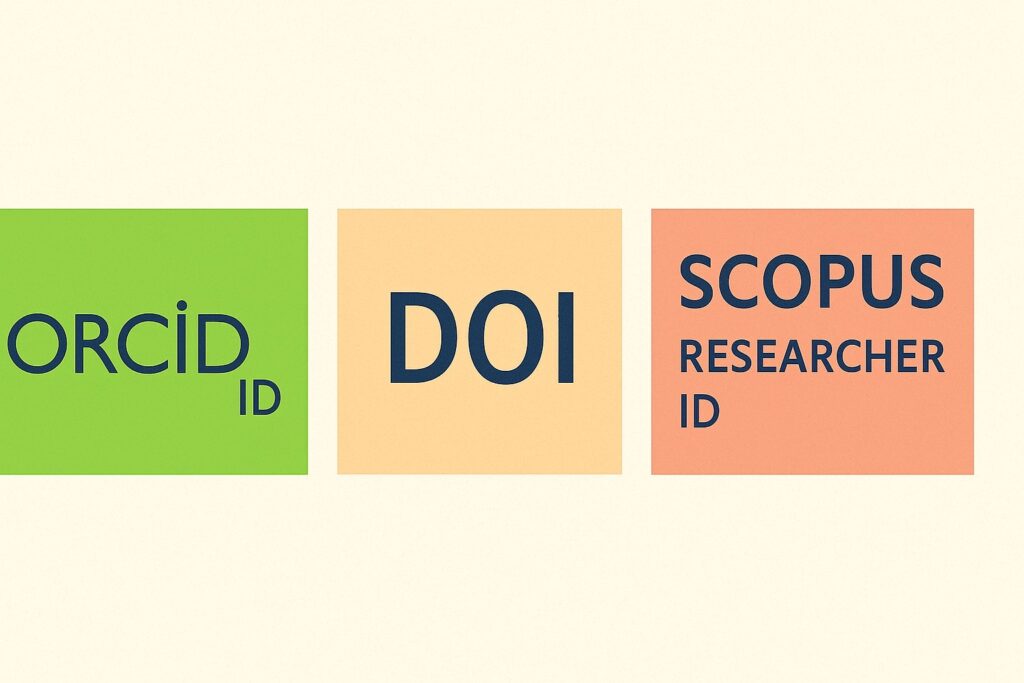
Three Identities You Should Have
ORCID iD
This thirteen-digit number stores not just your papers, but also your grants, datasets, conference talks, and reviews. Because so many funders, journals, and universities now ask for an ORCID, it acts like a universal key that unlocks every part of your academic career.
DOI (Digital Object Identifier)
Think of a DOI as an online post office box. When someone types in the DOI, they land at your work without needing to know where it’s currently hosted. Journals usually assign DOIs to articles, but you can also get them for datasets, presentations, and other digital resources you want to share permanently.
Author IDs from ResearcherID and Scopus
These are less talked about but still useful. They help you see citation numbers at a glance and make sure your name isn’t accidentally mixed up with someone else’s in gigantic research databases.
How to Get Started
First, take five minutes to set up your ORCID iD if you haven’t already. Next, go through your existing profiles—pub databases, social media pages, even LinkedIn—and link that ORCID wherever you can. After that, whenever you write a paper or give a talk, request a DOI from the publisher or repository and include the DOI link in your citations. Finally, drop your ORCID and any DOIs you plan to use into your email signature, academic CV, and grant applications.
Why Bother?
Digital identifiers save you time while helping your work gain visibility. They make sure the right credit lands in the right place and spare you the headache of sorting through multiple people with similar names. In today’s crowded research landscape, a little permanent ID can make a big difference.
Build a Strong Online Research Presence
These days, your influence as a researcher goes well beyond the pages of a journal. The internet is where many people first look for information, so having a tidy digital footprint makes it easier for anyone—scholars, students, or the simply curious—to find and understand your work.
Platforms to Use
Google Scholar: Set up a profile if you haven’t already. It updates citations for you and gives a quick view of how often your papers are being read and cited.
ORCID and Publons: Link these to track your publications and peer reviews in one place. They save you from entering the same info over and over.
ResearchGate and Academia.edu: You can share preprints or accepted manuscripts (when copyright permits) and see who downloaded your work. It’s also a handy way to ask questions or search for datasets.
LinkedIn and Twitter (X): Use them to announce new papers, conference talks, or job openings in your lab. Short updates can spark larger conversations.
What to Do
Make sure the same photo, bio, and contact info appear across every platform. That little consistency builds trust. Also, link to your newest articles and any press interviews, podcasts, or videos where you appeared. If you’re up for it, consider building a small personal site or lab site with templates from WordPress, GitHub Pages, or Google Sites.
Why It Matters
Staying active online not only boosts the odds that someone reads your paper; it can lead to invitations to speak, chances to co-author with researchers in other fields, and even media stories about your findings. Visibility isn’t everything, but it certainly opens doors.
Team Up Wisely to Grow Your Reach
Teamwork in research goes way beyond just signing your name on a paper. When you partner up smartly, you tap into bigger projects, new tools, and fresh ideas that can push your work—and your career—further than you could on your own.
Types of Collaborations
Interdisciplinary: Team up with folks from biology, history, engineering, or any other field that might light up a question you’re after. Different lenses can turn a simple experiment or archive into bigger breakthroughs.
International: Cross a time zone or two in search of unique data sets, specific funding pots, or population samples that only an overseas partner can help you reach.
Institutional: Jump into research centers, labs, or hubs at your own school or nearby universities. Often, these setups already have administrative help and shared equipment waiting for you.
Practical Steps to Connect
Hit up conferences, summer schools, and local seminars. Chat during coffee breaks, and don’t be afraid to start a conversation when someone’s poster catches your eye.waiting for you.
Browse online networks like H-Net for the humanities, Mendeley groups for STEM, or even casual Slack workspaces in your discipline. These forums make it easy to spot ongoing projects that match your interests.
When you find a paper that fires you up, shoot the author a friendly email. Pitch a specific idea rather than a vague “we should work together.” Mention a line in their work that you loved and show how your skills fill a gap.
The Big Gain
Teaming up in a thoughtful way spreads your name wider, adds variety to where you publish, and helps more people cite your work—because those new co-authors bring their networks along for the ride.
Getting Started with Grant Writing and Finding Funding
When you land a grant, it’s not just money that you’re gaining. You’re also earning a stamp of approval from experts who think your project is worthwhile. That kind of backing can give you more confidence—and a stronger reputation.
What You Should Try First
Aim Low (at least for now): Seek out small travel grants, early-career awards, or seed-funding options. Completing one of these will show you the ropes and give you a quick win.
Know the Big Players: Figure out which major agencies match your work. If you study health, look at NIH; for engineering, try NSF; social sciences scholars often turn to SSHRC or Horizon Europe.
Study the Winners: Many universities maintain online archives where you can read funded proposals. You can also ask a more experienced colleague if you can borrow a successful application as a guide.
Simple Tips for Better Apps
Stay True to Your Story: Every grant should fit neatly with where your research has been and where you want it to go. Jumps in focus raise red flags.
Spell Out What Happens Next: Donors want to know the impact of their dollars. List concrete deliverables, timelines, and how you plan to spread the word once the work is done.
Don’t Forget Your ORCID: That little alphanumeric tag is now a standard ask on many forms, so copy-paste it in early instead of hunting for it later.
Why Bother?
Seeing “funded by” next to your name can impress hiring, promotion, and tenure committees. More practically, the money can pay for team members, equipment, or that crucial field trip that brings results to life.
Boost Your Citation Count the Right Way
Citations are the currency of academic influence. Chasing them should never come at the cost of honesty, but there are practical steps you can take to help more people find and talk about your work.
Here’s what you can do:
Pick your paper’s title and abstract keywords with care so they match what people are already typing into Google Scholar and library databases.
Post your research on platforms like ResearchGate, Academia.edu, or your university’s own repository to give it a wider online home.
Take the stage at conferences, even local ones, and share your findings; conversation sparks visibility that later shows up in citation counts.
Think about penning a review article or literature survey, since these summaries save others time and naturally gather references.
Why should you bother?
More citations usually mean your name gets read by more grant panels, more editors, and more colleagues, which in turn can open doors to funding, speaking gigs, collaborations, and stronger tenure applications.
Get Involved in Peer Review and Editing Work
Taking on peer review is more than just a task; it shows that colleagues trust your opinion and that you’re growing in your field. Plus, reviewing papers keeps you plugged into new ideas and helps you sharpen your own writing and critical thinking.
Here’s how to start
Sign up to review for journals where you’ve already published or that clearly fit your area of expertise.
Set up a free Publons profile so you can easily track, verify, and share your reviewing work.
Once you have several reviews under your belt, think about joining the journal’s editorial board. Being on a board looks great on a CV and gives you a say in what gets published.
Why should you care?
Engaging in peer review builds your research profile, shows that you give back to the academic community, and often leads to editors asking you for manuscripts when the time comes for your next paper.
Take Your Research into the Public Square
Today’s readers don’t always trust experts, and that makes good outreach more important than ever. When scientists and scholars share their findings in plain language, they help shape laws, classroom lessons, and everyday conversations.
Here’s How to Get Started
Write for Wider Audiences: Post a quick blog, an easy-to-read explainer, or an opinion piece on sites like The Conversation, Medium, or your school’s own blog. Pick a current issue related to your work and tie your results to it.
Talk It Out: Jump onto a podcast, join a webinar, or say yes to that local radio station looking for an expert. Practice keeping your answers short and jargon-free.
Show, Don’t Just Tell: Use an infographic, a two-minute video, or a simple animation to summarize what you found. Bright images or quick clips are easier to share on social media than long reports.
Why Bother?
When you make your discoveries understandable, more people—including policymakers—see why they matter. Broader impact is now a box that must be checked for many grants, tenure files, and university rankings, so public outreach is more than a nice-to-have. It’s part of the job.
Keep an Eye on Your Research Journey: Track It, Think About It, and Make It Better
If you can’t see how far you’ve come, it’s tough to know where to go next. Writing down each step of your research path shows you what is working well, what has slipped through the cracks, and where to put your time and energy.
What You Can Do to Enhance Your Research Profile
Build a Living CV: Instead of waiting until the job market heats up, keep an up-to-date academic CV or digital portfolio that lists your papers, talks, grants, collaborations, and teaching experience. Small updates take only a minute, but they really pay off later.
Use a Digital Tracker: Programs like Notion, Airtable, or Trello are great for creating task lists, timelines, and research milestones you can update on the fly. Board-style views let you drag-and-drop projects from “to-do” to “done,” which feels pretty satisfying.
Check Your Citations: Set a reminder once a month to peek at your Google Scholar, Scopus, or Dimensions profile. Watching those citation numbers creep upward is encouraging, and the data can help you spot which of your papers need a little extra promotion.
Why Bother?
Staying organized gives you the flexibility to change course if new opportunities arise, helps you set goals that really stick, and strengthens your case when it’s time to talk about promotion, tenure, or exciting new research directions. In short, a little record-keeping today makes tomorrow’s conversations go much smoother.
Final Thoughts: Think of Your Research Profile as a Living System
Updating and boosting your research profile isn’t something you finish in an afternoon—it grows and changes over time, just like an ecosystem. By keeping an eye on where you publish, trying out new digital tools, adding fresh connections, and sharing your findings clearly, you can craft an identity that stays strong and in tune with what matters.
It doesn’t matter if you’re a grad student piecing together your very first portfolio or an established researcher eyeing a career shift; these tips can help weave a professional story that shows off both the depth and the range of your work .
Read My Publications or visit my LinkedIn



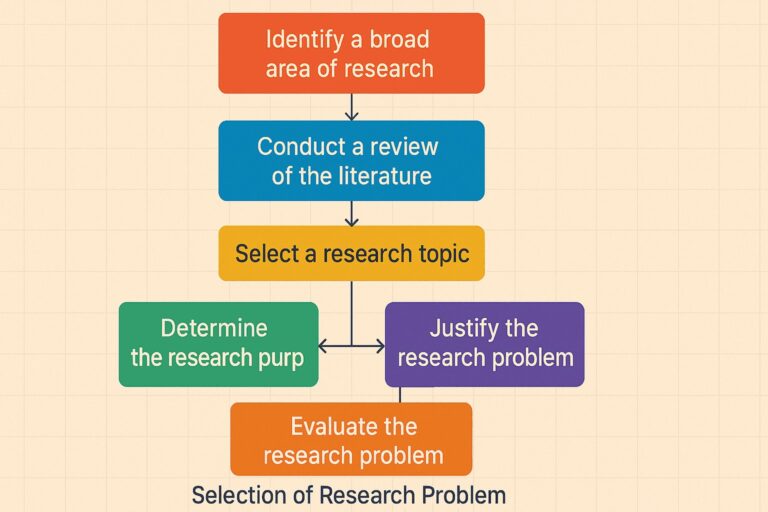
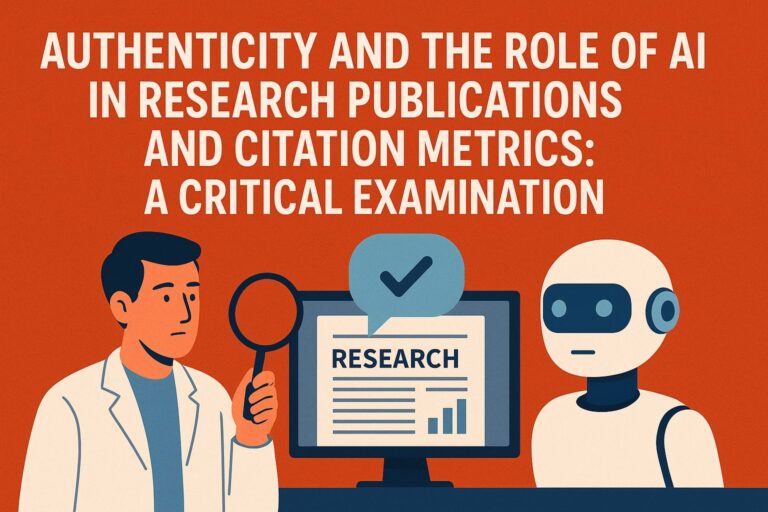
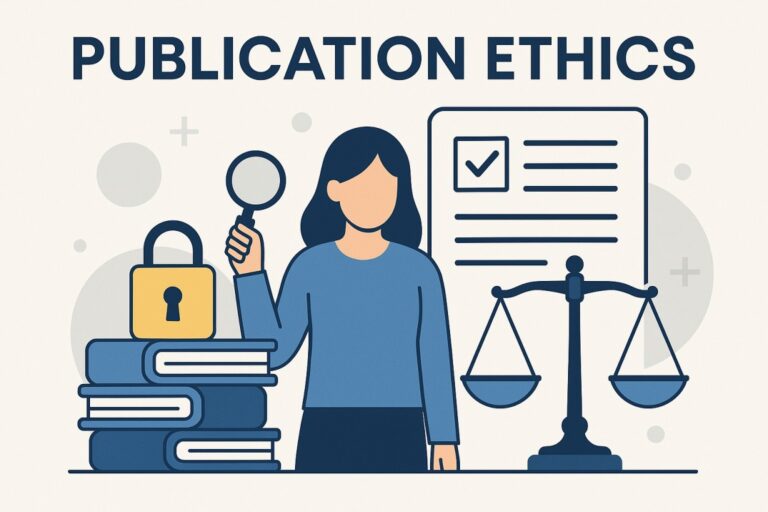
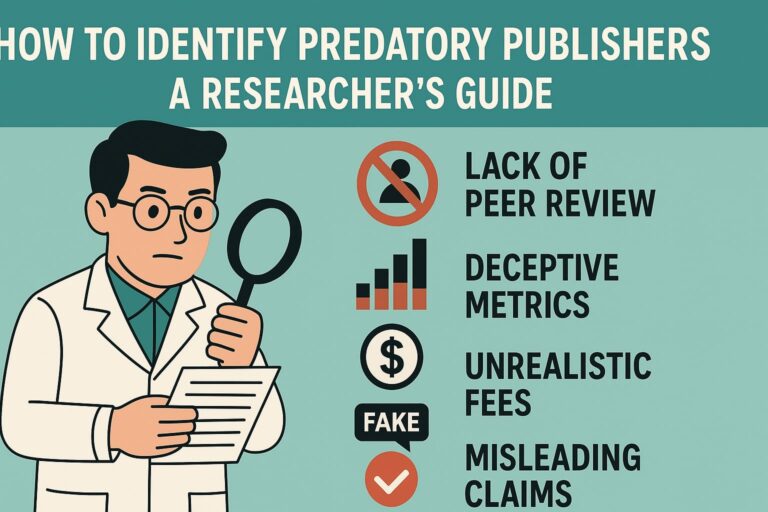
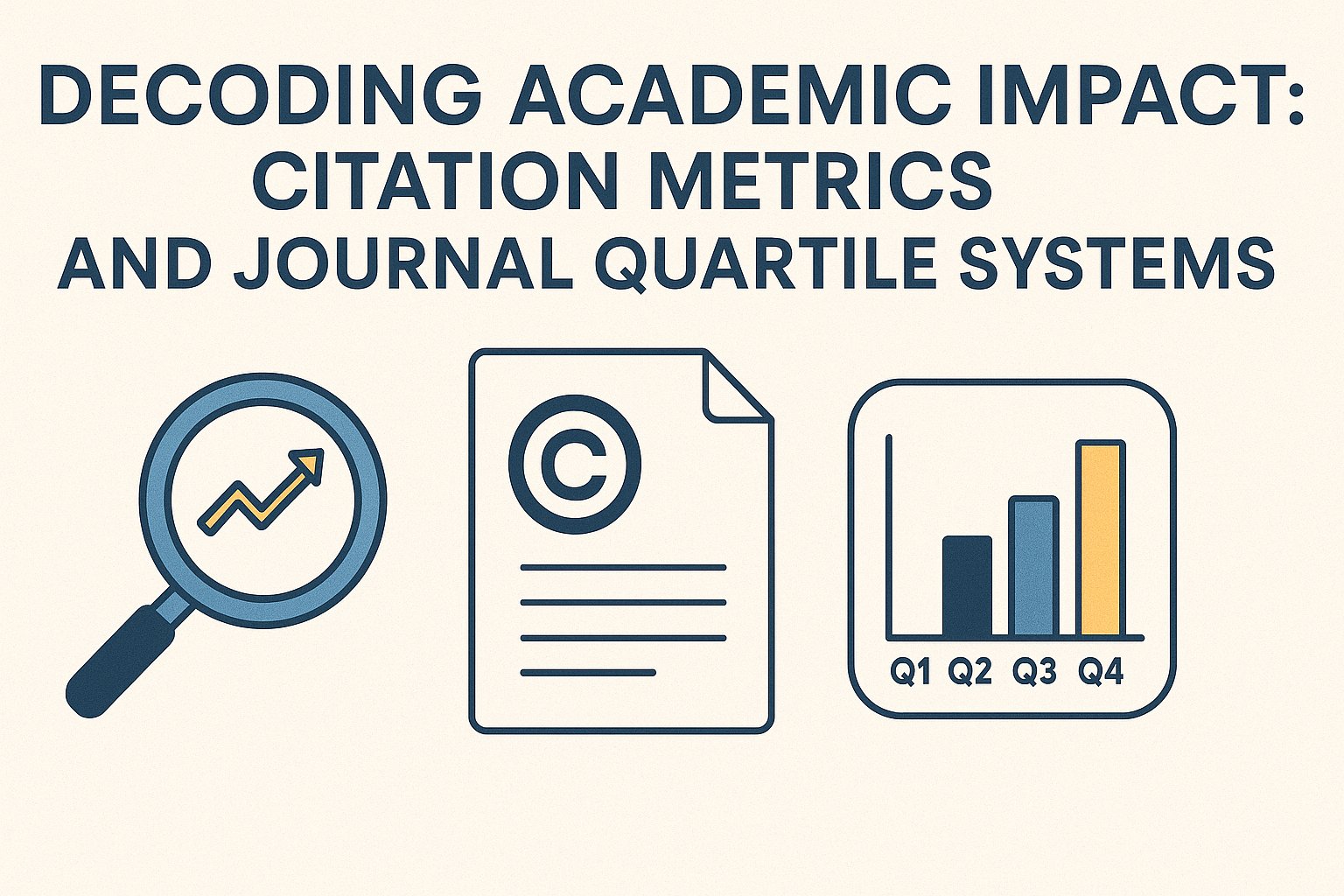
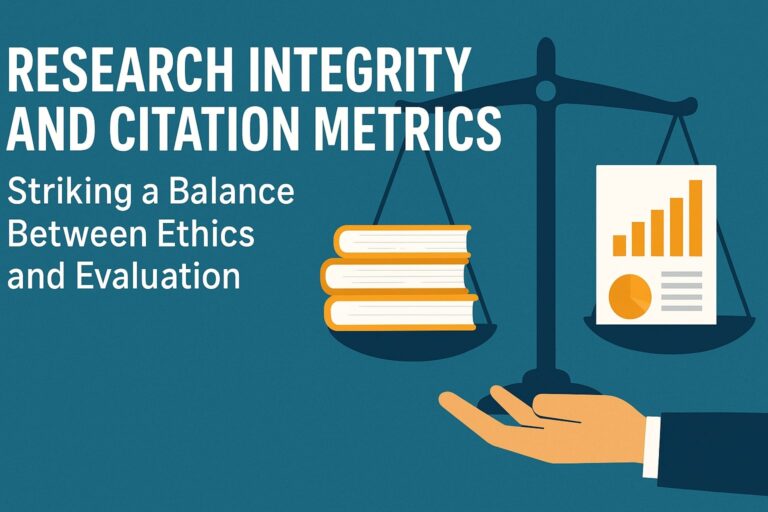
Bravo pour cette contribution très riche en conseils et approche à entreprendre par le chercheur scientifique, afin de
réussir l’épanouissement de son parcours académique , ainsi que l’enrichissement de sa carrière scientifique .
Merci encore une fois !
Your post brings an important angle to citation advice that typical workshops overlook. I especially appreciate the focus on open-access journals and preprint servers; these tools are vital for raising a scholar’s profile, particularly where funding is scarce.
I really enjoyed this post; it felt both informative and easy to use. The bit about using institutional repositories and linking my work to ORCID stood out the most for me. Those steps usually slip my mind, but I m adding them to my publication checklist right away. Thanks for the clear, practical tips.
I recently came across your blog and have to say I’m really impressed. This particular post cleared up a bunch of questions I had about boosting my research profile. Thank you for sharing practical insights instead of the usual, recycled tips.